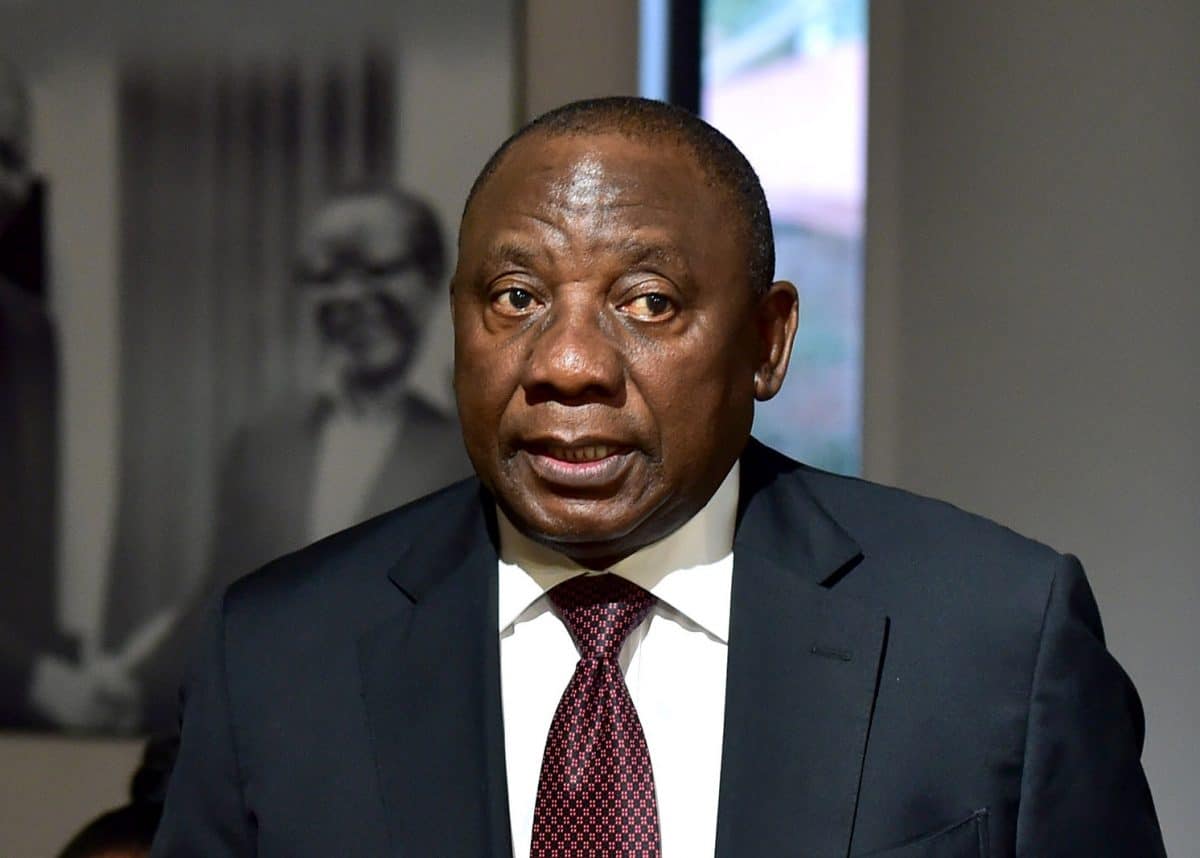FACING a series of domestic crises around water, electricity, rampant crime and corruption, expect the ANC to pivot to the international arena where the delivery stakes are lower and rhetoric rules.
This follows a year in which the party attempted to reset South Africa’s global positioning. The plan was to pivot firmly away from “the West” in favour of the ruling party’s autocratic friends who turn a blind eye to its failings as they try to build a new world order where autocratic personality cults call the shots and the peasants be damned.
The alignment was natural given the ANC’s obvious lack of excitement at the hard work required to improve the lives of ordinary people. Much more interesting to its leaders was its project to maximise the extraction of rents for its elite, even if this meant the collapse of service delivery.
One promising source of rents has been Russia, which operates in the gas, nuclear and oil space where billions are thrown around as it seeks markets for its strangled economy. This attempted pivot required South Africa to shelve the last of its values and put its weight behind Russia in its unjustified attempt to colonise Ukraine. Old “struggle” connections were dusted off as cover.
At the same time, the ministers of defence and international relations took every opportunity to publicly fawn over the Russian war machine, conducting joint naval exercises and hosting the Kremlin’s apologist-inchief, Sergei Lavrov.
Even as the Iranian drones rained down on Ukraine’s civilians, and the democratic world sought to isolate Vladimir Putin, International Relations Minister, Naledi Pandor – eyes shining with love and admiration – told Lavrov in January: “I look forward to the implementation of our commitments and a continued closer working relationship.
Our goal is to work unrelentingly towards the upliftment of our respective nations… through the instruments of foreign policy that we have at our disposal. “Our shared goal, I believe, is to witness a significant and imminent increase in economic, social, cultural and scientific interactions between our countries.” The Putin love fest continued as South Africa hosted the BRICS summit in August.
After it was clear that the courts would not protect Putin from arrest under an international warrant, the Russian leader participated through a virtual connection. South Africa, Russia and China, with India and Brazil watching warily on, expanded BRICS to include Iran, the UAE, Saudi Arabia, Ethiopia and Argentina (the latter, now under new leadership, has declined the invitation).
Overlooked were large African democracies such as Nigeria and Kenya. Putin was so pleased with this development that he was moved to state: “I would like to note, as it turned out this was challenging work and President Ramaphosa showed unique diplomatic mastery as we negotiated all the positions including when it comes to BRICS expansion.”
Pandor and her department, now the home of fiercely anti-Western ideologues like her director-general Zane Dangor, believed that “the West” would ignore or tolerate anything South Africa said or did for pragmatic reasons. They were wrong. It soon became apparent that South Africa’s benefits from the Agoa partnership, which allows South Africa easy access to American markets for automobile exports, among other things, were not to be taken for granted.
Voices in Washington began to ask why a country that overtly fawned over Russia’s colonial aggression was allowed to be a beneficiary.
With an Agoa summit looming in South Africa in November to review the lucrative trade arrangement, it was clear that the Russia infatuation had to be repackaged to make it look more acceptable to the country’s chief sources of foreign currency – the engine which drives the country’s rents, as any ANC accountant will tell you. South Africa suddenly remembered that its cadres had been trained on Ukrainian soil and the Russia pivot was blunted, filed and eventually reshaped into a giant olive branch. —DM

